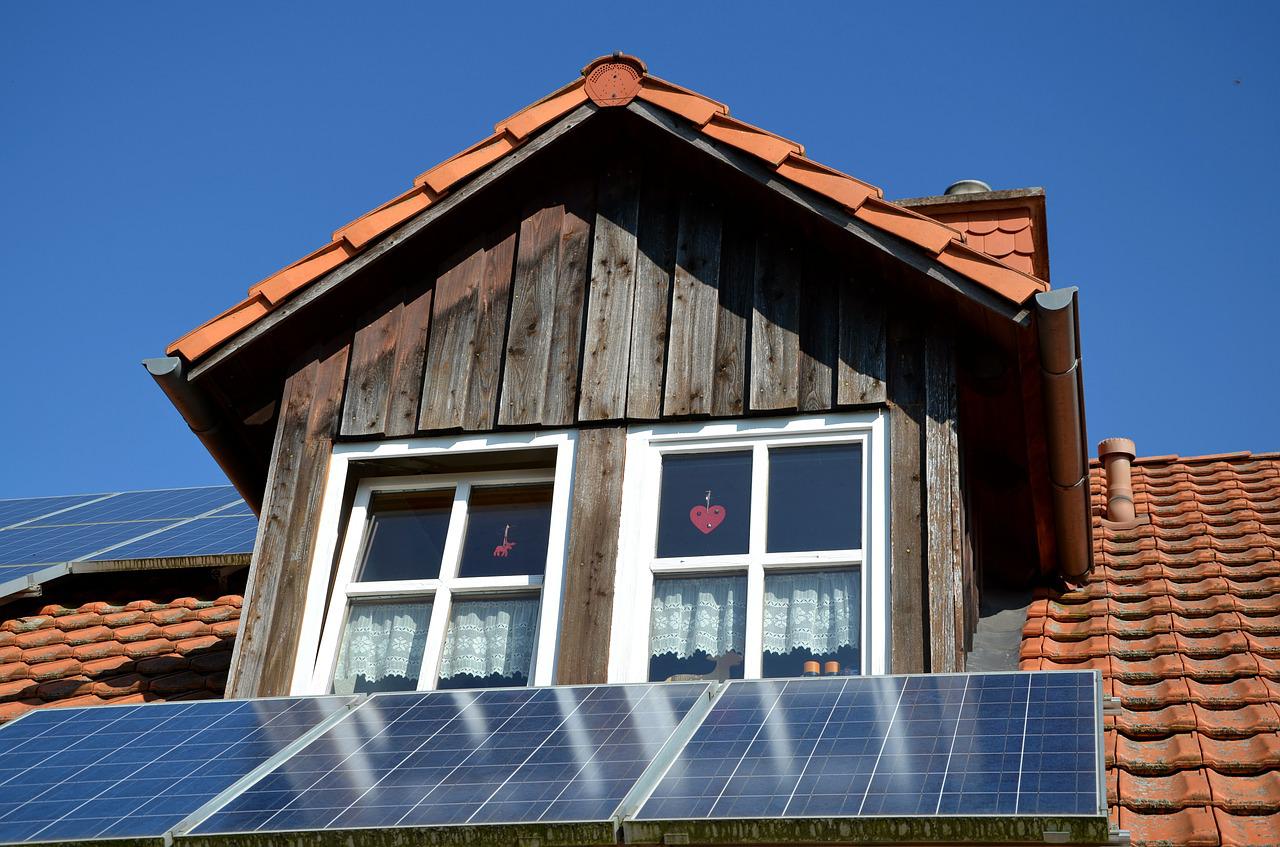There are many benefits to installing solar energy panels at home. Not only are you upgrading to a clean, sustainable energy source and lowering your carbon footprint, you will save money on your electric bills and take control of your electric expenses, protecting yourself from uncontrollable rate increases.
STAY INFORMED
Connecticut has the THIRD highest electric rate in the nation?!
Is my house compatible?
The first step in going solar is to find out if your home is compatible. Here are some things to consider:
1. Age of roof.
Solar panels work best on newer roofs (not older than 10 years) to avoid having to remove the panels to replace the roof in the near future.
2. Size of roof.
A general rule of thumb is that 100 square feet of roof space can support a solar system of approximately 2 kilowatts, and in Westport can produce approximately 2,776 kWhs per year or 231 kWhs per month.
3. Type of roof.
It is easier to install solar on asphalt or metal roofs as well as flat roofs that are covered in rubber or plastic. Solar is more difficult to install on roofs made of slate or wood.
4. Shade.
Use Google’s Project Sunroof to understand your property’s shade. If healthy trees are preventing solar, be sure to consider the benefits of your trees before removing them.
5. Direction.
Solar panels are most effective on a south-facing roof, however east and west-facing roofs may be candidates if they receive enough sunlight.
6. Historic/Preservation.
Homes designated as historic may or may not qualify for solar, depending on the location of the installation. Check with the Westport Historic District Commission for information specific to your property.
How much will it cost?
One of the first questions people ask about going solar is, “How much will it cost?” The answer is that it depends on several factors.
TIP
Savvy Solar Shopper is an excellent resource for breaking down the cost of going solar. Visit here. For a quick estimate, use this solar calculator
Costs factors to consider include:
Purchase or Lease
Purchasing solar panels means a direct and outright purchase of a solar system. This option allows you to use the electricity your panels create. When coupled with solar batteries (see Home Battery Storage Solutions below), you are able to store energy and provide it back to your home during blackouts. Most panels come with a 20-year warranty. For an in-depth break down on cost, visit Energy Sage.
Leasing solar panels can be done through a Power Purchasing Agreement (PPA). This lowers the initial cost and relieves from the responsibility of operation and maintenance. In most leases, you purchase the electricity produced by the panels at a reduced rate. Get more information on PPA agreements.
State and Federal Incentives
You may be eligible for both state and federal incentives for going solar.
While Connecticut does not offer tax credits on solar installations, homeowner can apply for tax exemptions.
Permits
Solar permits in the Town of Westport cost approximately $350. This cost is usually included in the installation package. Solar contractors are responsible for the application of necessary permits.
What about solar shingles?
Solar shingles are solar cells that convert the sun’s radiation into user electricity while also serving as your home’s roofing material. This technology is new to the market and currently few vendors work with them.
How do I get started and how long will it take?
The first step in going solar is to find a provider. Do your homework and compare quotes. The state of Connecticut provides an extensive list of solar company reviews at Solar Reviews or you take check our Resources guide.
Once you have selected a provider and have received all approvals, installation can be done in one day. However, your utility company is required to turn the system on, and this can take some time. The entire process takes between 60-120 days, depending on the town and the utility company. Westport takes pride in turning around solar permits quickly!

Home Battery Storage Systems
You can store power generated by your home rooftop solar system — or from the grid when electricity prices are lower — to be used at a later time. You can use the energy stored by your battery to power your home during an outage when you need backup power, when the price of electricity from the grid is more expensive or at night when your solar system isn’t producing. Incentives and financing are now available in Connecticut!
